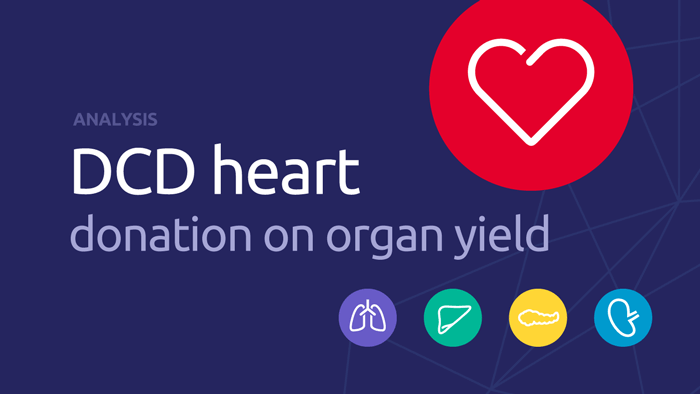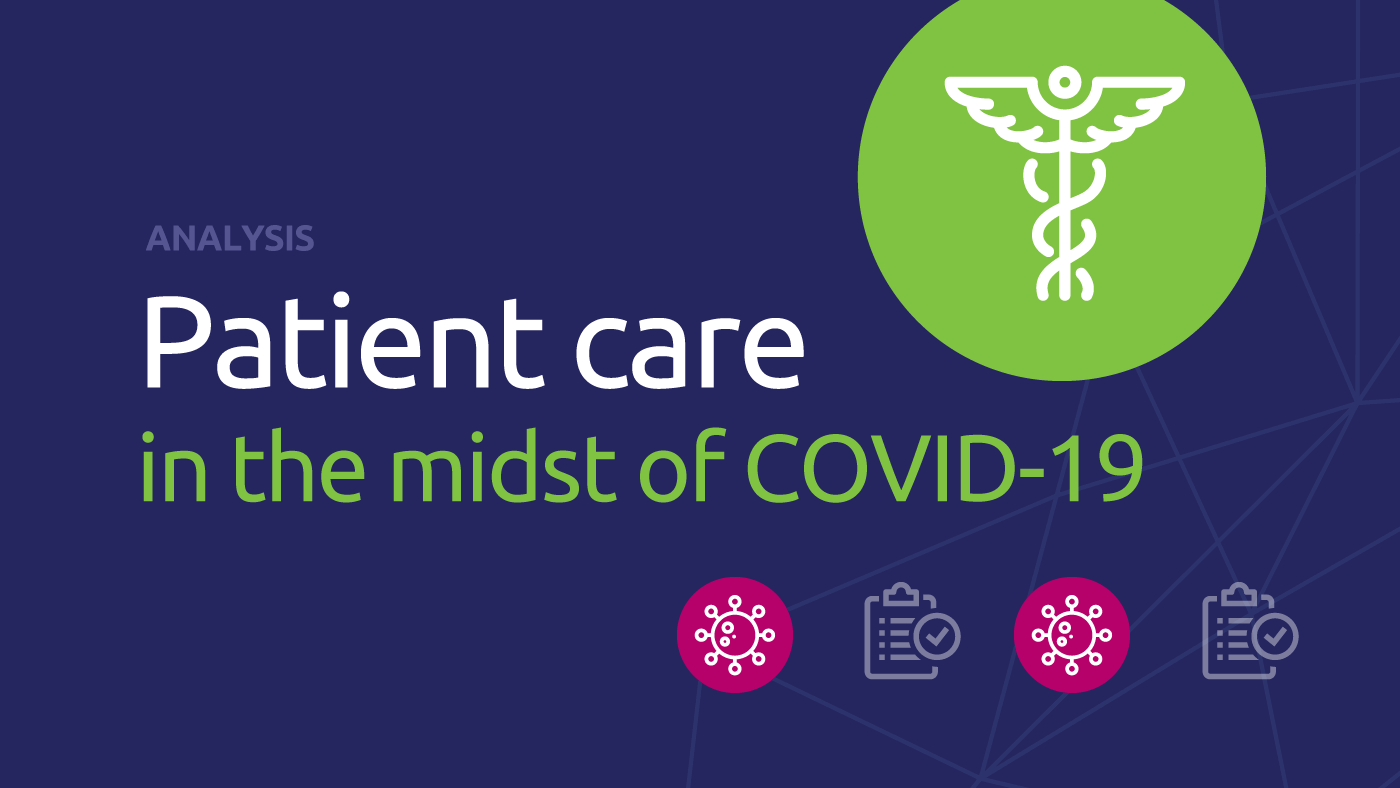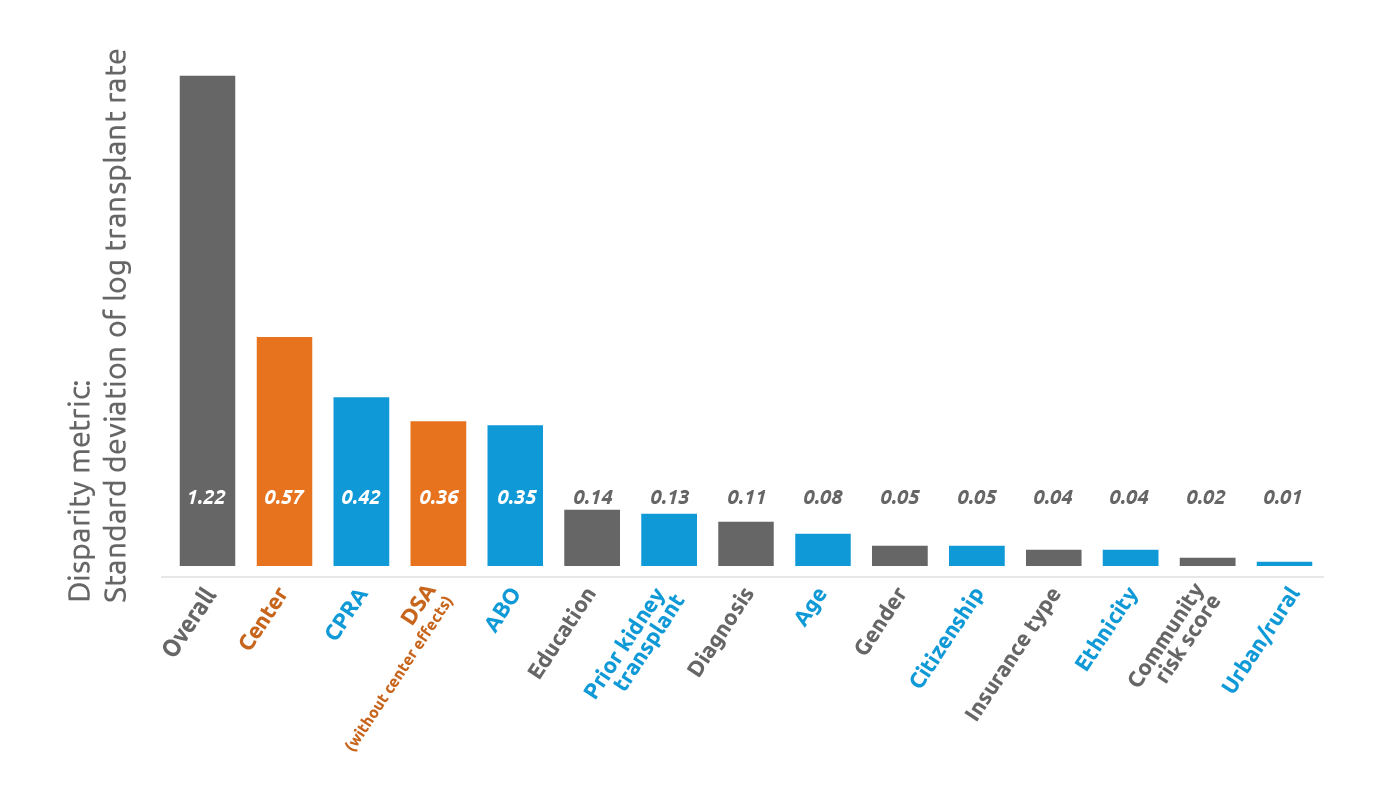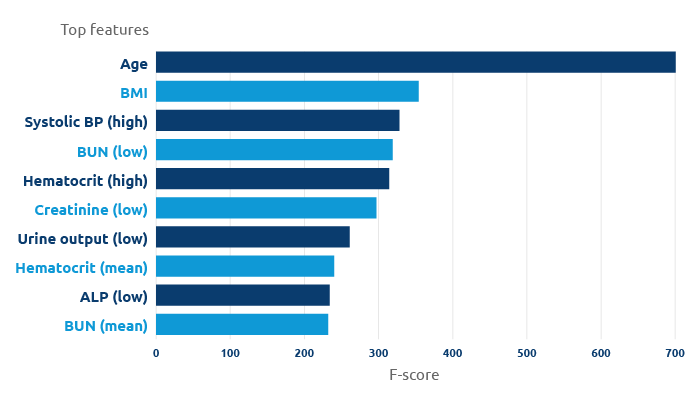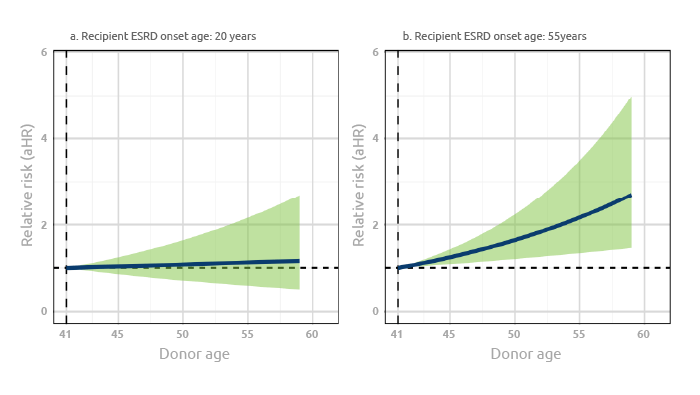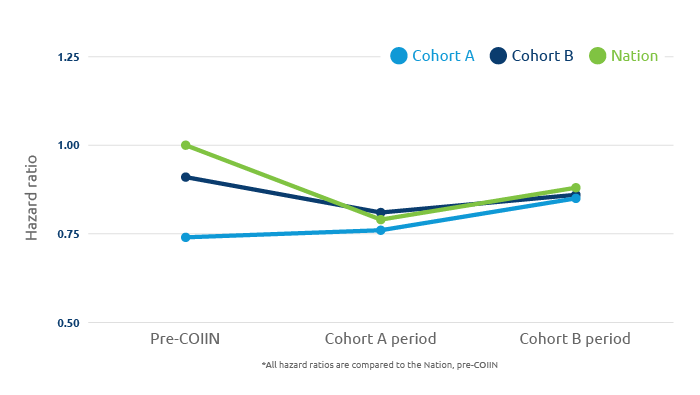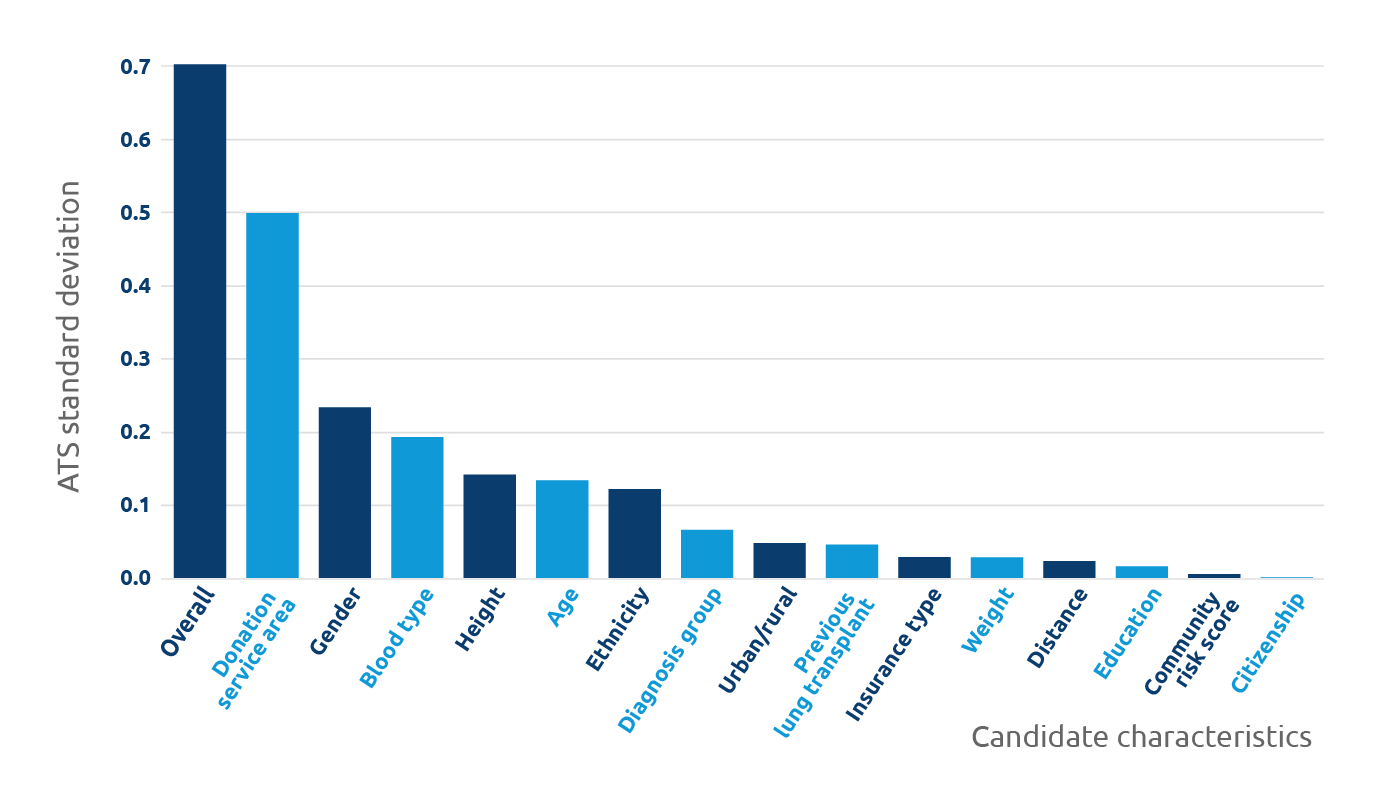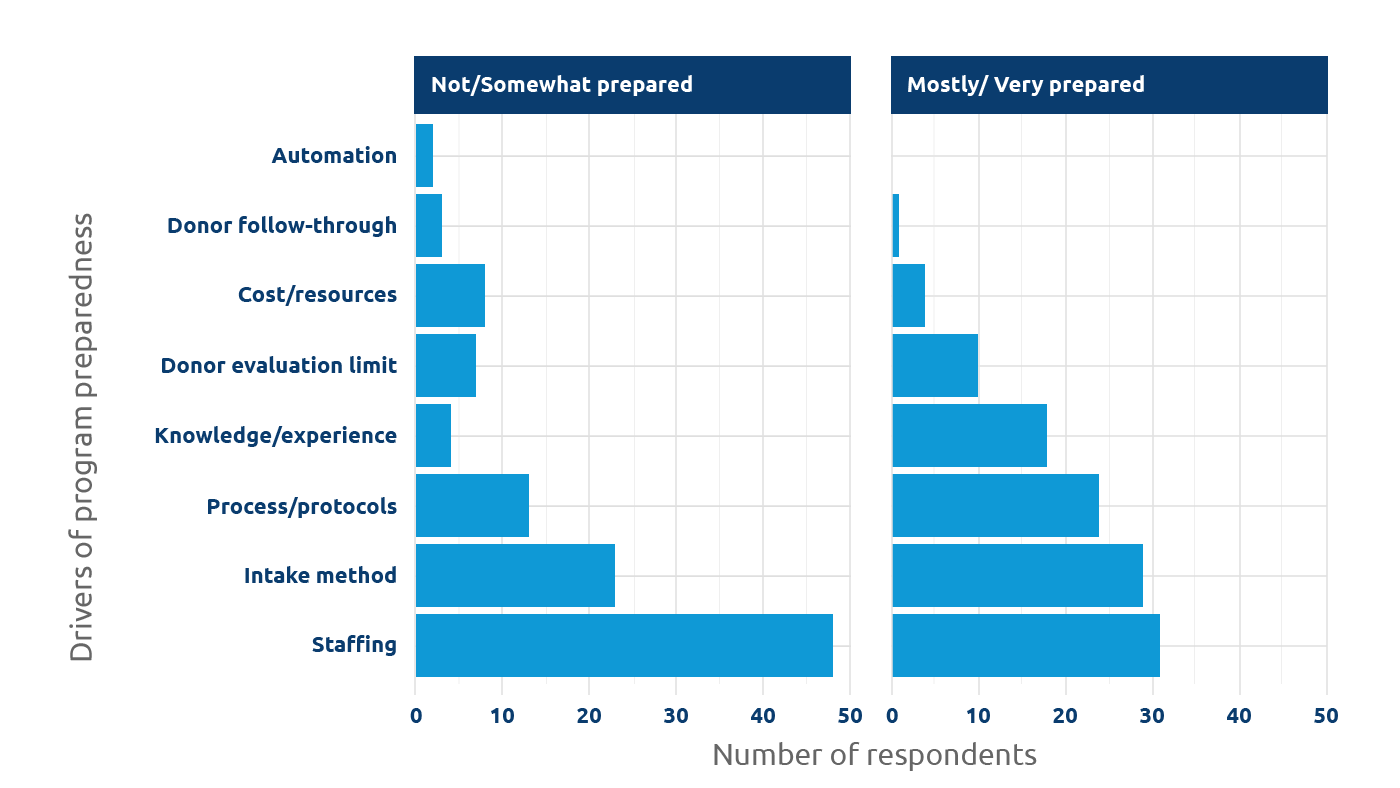
Insights: FEATURE
UNOS research: Insights from the American Transplant Congress
UNOS scientists presented research on social determinants of health, offer-acceptance practices, and the impacts of allocation-policy changes
As the joint annual meeting of the American Society of Transplantation and the American Society of Transplant Surgeons, the American Transplant Congress serves as a forum for researchers to discuss the latest lifesaving breakthroughs in organ donation and transplant science. Transplant professionals from around the globe participate in the congress to learn about cutting-edge organ and tissue transplant research; contributions from UNOS researchers play a key role in how the community evaluates system impacts of various policy and operational changes.
Improving the transplant system through research and analytics
On this page
2023 UNOS research
Twenty-two United Network for Organ Sharing staff members presented research from 42 studies at the 2023 American Transplant Congress, held June 3-7 in San Diego. Their work addressed topics, including social determinants of health, offer-acceptance practices, and the impacts of allocation-policy changes.
Posters of distinction
Three of the presentations were awarded recognition as “posters of distinction”:
More research in focus
How often does a “provisional yes” result in a decline of offer?
If you receive identical offers, will you make identical decisions?
How are Offer Filters helping improve the system?
Poster presentation
Impact of Offer Filters since implementation
Presented by Rae Shean, UNOS associate data scientist
This research evaluated the impact of Offer Filters on offer volume for programs using the tool. Read more about this research.
Poster presentation
Predictive ability of EPTS in pediatric renal recipients
Presented by Samantha Weiss, UNOS associate biostatistician
The OPTN is currently working towards a continuous distribution allocation framework for kidney transplant. This research examined whether Expected Post Transplant Survival (EPTS), a score calculated for adult kidney candidates, should be applied in any way for pediatric kidney allocation as well. The research found that EPTS was not effective for predicting post-transplant survival in pediatric kidney candidates.
Poster presentation
Transplants from donors with a history of cancer: An analysis of the Organ Procurement and Transplantation Network database
Presented by Wida Cherikh, UNOS manager & principal biostatistician
This research analyzed five-year survival rates for adult heart, kidney, liver and lung transplant recipients from 2005-2022 with deceased donors with a known history of cancer. The results showed a small but statistically significant difference in five-year survival for kidney, liver, and heart recipients when compared with recipients with no known donor history of cancer. The largest difference was for heart recipients.
2022 UNOS research
The work presented by UNOS researchers this year addressed a broad spectrum of transplant-related issues, ranging from improving equity in access to transplant, expansion of the donor pool, and analyses regarding the impact of policy on organ allocation.
2021 UNOS research
Originally published June 29, 2021
29 United Network for Organ Sharing staff members authored or co-authored studies to present at the 2021 American Transplant Congress, which was held virtually June 4-9.
The work presented by UNOS researchers this year addressed a broad spectrum of transplant-related issues, ranging from improving equity in access, the impact of COVID-19 on donation and transplant, and analyses regarding the impact of policy.
Analysis: DCD heart donation
Impact of COVID-19
2020 UNOS research
Originally published Jul. 8, 2020
Between May 30 and June 3, more than two dozen UNOS researchers presented their data-driven studies aimed at discovering innovations that improve the U.S. organ donation and transplantation system.
“Our presentations at ATC demonstrate the breadth of knowledge and skills on our team, as well as the varied research approaches we take to study the national system,” Carrico said.
Read more from 2020
As the joint annual meeting of the American Society of Transplantation and the American Society of Transplant Surgeons, the American Transplant Congress has always served as a forum where researchers discuss the latest lifesaving breakthroughs in organ donation and transplant science. This year was no different, except that rather than convening at a conference center, thousands of transplant professionals from around the world met virtually in online sessions where they presented on the most recent research unfolding in the organ donation and transplant community.
“Even with ATC happening virtually this year, the UNOS team was able to present our research on the U.S. transplant system to the conference’s international audience,” said Bob Carrico, Ph.D., United Network for Organ Sharing director of research. “Our work offers the unique perspective of studying the entire system—including how it is affected by policy changes and public health trends—as well as studying the effects of user interactions with the system.”
Improving the organ transplant system through research and analytics
The work UNOS researchers presented at the conference involved a spectrum of organ transplant-related issues, ranging from improving equity in access to transplants to analyzing the impact of policy changes on organ donation trends and examining the potential for behavioral science to help predict transplant outcomes. Topics presented at the 2020 conference included:
- “One year of COIIN outcomes: Did cohorts A and B maintain graft survival?“
- “Measuring and monitoring equity in access to deceased donor lung transplants among lung registrations“
- “Machine learning to predict deceased donor kidney biopsy results“
“There is so much intellectual capital assembled at UNOS to study and evaluate the transplant system and find ways to improve through research and analytics,” said UNOS chief growth officer Ryan Ehrensberger, Ph.D. “Being able to share these insights and learn with the international community at ATC helps all of us improve the transplant industry.”
Collaborating with the transplant community
With more than 110,000 people waiting for an organ, the cumulative work of UNOS researchers highlights the importance of community collaboration in evaluating system impacts of various policy and operational changes. The work presented this year at ATC incorporated multiple stakeholders, including patients, and represented important stepping stones for future system modifications.
“The data and results compiled are a culmination of some of the work UNOS researchers have been involved with throughout the past year in support of policy development and evaluation, predictive analytics, collaborative improvement, and data science,” said UNOS assistant director of research Amber Wilk, Ph.D. “I’m so proud of our teams.”
NOTE: Some of the studies presented at ATC were supported wholly or in part by Health Resources and Services Administration contract HHSH250-2019-00001C. The content is the responsibility of the authors alone and does not necessarily reflect the views or policies of the Department of Health and Human Services, nor does mention of trade names, commercial products, or organizations imply endorsement by the U.S. government.


